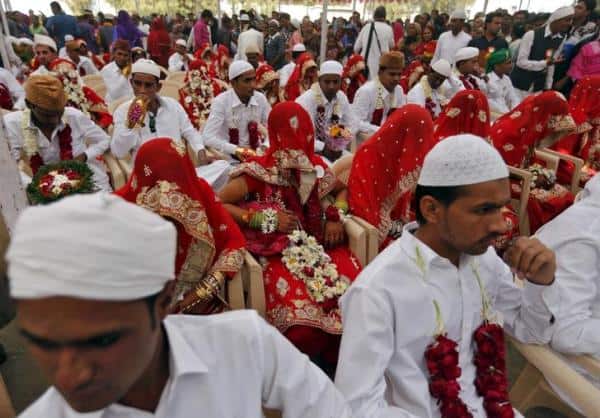New Delhi [India] The Supreme Court will on Friday hear the petition of a Muslim woman challenging the Constitutional validity of ‘triple talaq’ to end a marriage.
In her petition, Ishrat Jahan sought a declaration from the apex court that Section 2 of the Muslim Personal Law (Shariat) Application Act, 1937 was unconstitutional, as it violated fundamental rights guaranteed under Articles 14 (equality), 15 (non-discrimination), 21 (life) and 25 (religion) of the Constitution.
In her petition, Jahan has asked whether an arbitrary and unilateral divorce through triple talaq can deprive the wife of her rights in her matrimonial home as also her right to have custody of her children.
A batch of petitions is being heard by a bench headed by Chief Justice T.S. Thakur and notices have already been issued to the All India Muslim Personal Law Board and others.
However, this is not first such type of petition that has been presented before the Supreme Court.
Uttarakhand based Shayara Banu,and another Muslim woman, and the Rashtrawadi Muslim Mahila Sangh through its president Farah Faiz, have raised similar querries.
On July 29, the apex court had favoured a wider debate on the petitions challenging the validity of triple talaq.
All India Muslim Women Personal Law Board (AIMWPLB) president Shaista Ambar has demanded abolishing of the triple talaq system.
Talaq-e-bidat is a Muslim man divorcing his wife by pronouncing the word “talaq” more than once in a single tuhr (the period between two menstruations), or in a tuhr after coitus or pronouncing an irrevocable instantaneous divorce at one go (unilateral triple-talaq).
The Centre has set up a high-level committee to review the status of women in India, and according to reports, has recommended a ban on the practice of oral, unilateral and triple talaq (divorce) and polygamy. (ANI)

